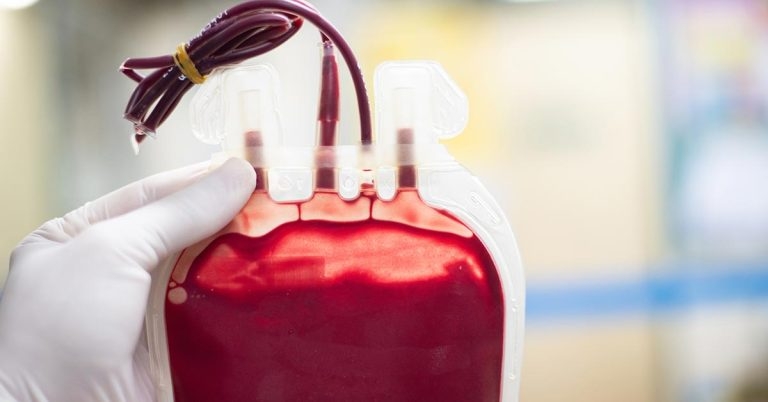16 Jun 2020
RVC study to be part of new BSAVA series to allow vets and VNs to discuss research papers and understand how findings impact them in practice.

Image © toeytoey / Adobe Stock
RVC research in administration of dog blood to cats will be discussed as part of a new BSAVA webinar series.
The webinar, to be aired later this month, will allow vets and VNs the chance to listen to a discussion on the study, and hear from two of the researchers about how the findings can be adapted to veterinary practice.
The paper, “Xenotransfusion of canine blood to cats: a review of 49 cases and their outcome”, is one of two papers from the association’s Journal of Small Animal Practice to be given the webinar treatment. The other is “Prescription rebellion: reduction of antibiotic use by small animal veterinarians”.
In the xenotransfusion study, published in December last year, use of the protocol – in this case, transfer of blood from dogs to cats – was explored, including the outcome in recipient cats. It also sought to inform vets across the world about how dog blood could be used in this way.
The findings showed the technique could be used in emergency situations when cat blood was not available in sufficient quantities, but it was generally thought to be a short-term solution that cannot be repeated in the same case.
Due to interest in the research, the BSAVA selected it for one of its first two webinars in a new series.
Alice Le Gal and Karen Humm from the RVC – lead authors in the original research – will be involved in the webinar.
Dr Humm – associate professor in transfusion medicine, and emergency and critical care, at the RVC – said: “It’s an honour to be involved in this webinar series.
“There was very little information about how xenotransfusions can be used in cats in the veterinary literature before our study, and we hope that the information we report will help vets decide when and whether a xenotransfusion should be used.”
The full study can be viewed online and the BSAVA is seeking submitted questions for the two webinars.